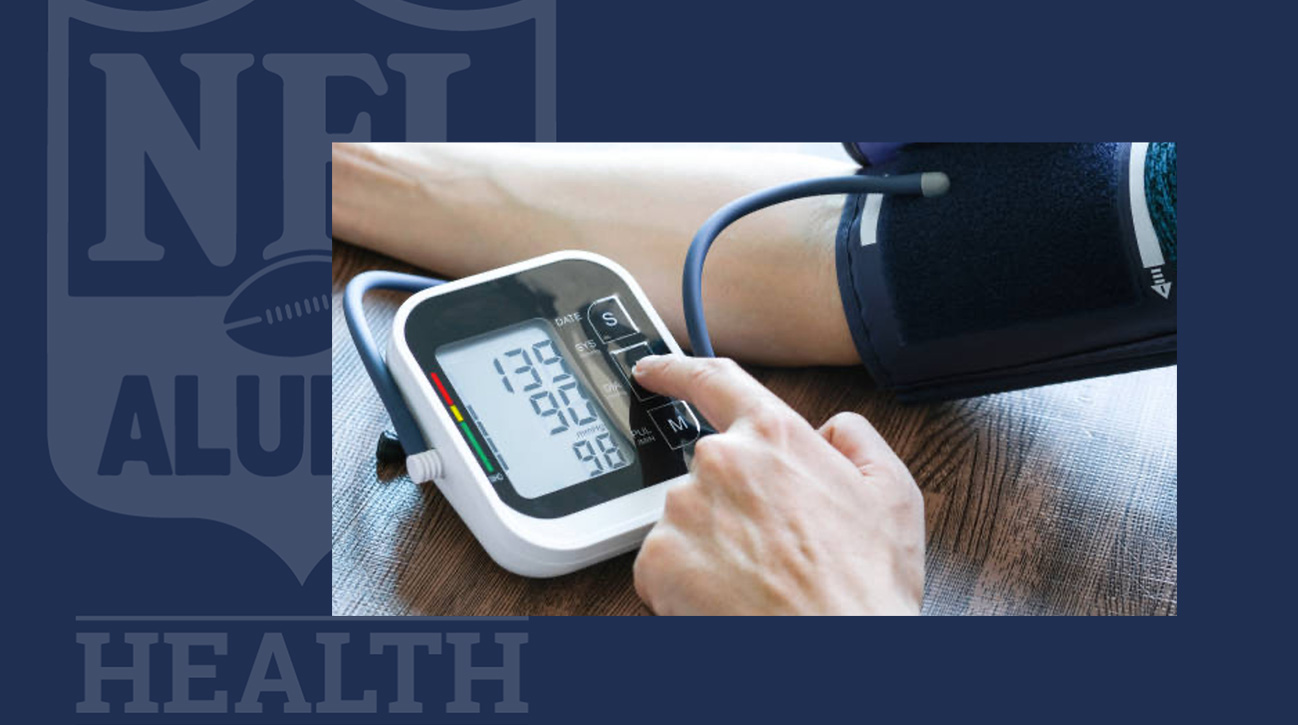
For NFL alumni, staying ahead of health issues means understanding the key numbers that reflect vital health information—your health “scoreboard.” While fitness might still be a part of life post-career, knowing your body’s critical numbers adds a new dimension to wellness. This article details why each of these numbers—blood pressure, cholesterol levels, blood sugar, and BMI—is essential to track and understand.
- Blood Pressure: High blood pressure, or hypertension, is a leading risk factor for heart disease and stroke, especially for men over 50. Ideally, blood pressure should be below 120/80 mmHg. Even small increases above this threshold can elevate heart disease risk. Regular monitoring, lifestyle adjustments, and medication (if necessary) can help keep this under control.
- Cholesterol Levels: Cholesterol, while essential, can lead to arterial blockages if not managed. Knowing your total cholesterol, LDL (bad) cholesterol, HDL (good) cholesterol, and triglyceride levels provides a full picture. Aim for a total cholesterol level below 200 mg/dL and discuss any concerns with your doctor.
- Blood Sugar Levels: Even without diabetes, monitoring blood glucose is critical as pre-diabetes can develop silently. Fasting blood sugar levels should ideally be under 100 mg/dL. Eating balanced meals, rich in fiber and low in added sugars, helps in managing this metric.
- Body Mass Index (BMI) & Waist Circumference: These measures help indicate healthy body weight and fat distribution. A BMI below 25 and a waist circumference under 40 inches are generally recommended for men. These numbers give insight into metabolic health and are especially important as muscle mass declines with age.
Regularly tracking these numbers can reveal trends, guide lifestyle adjustments, and keep you prepared for health conversations with your doctor. Staying on top of your numbers is one of the best investments in long-term health.
Sources:
American Heart Association. (n.d.). Understanding blood pressure readings. Retrieved November 21, 2024, from https://www.heart.org
American Heart Association. (n.d.). Cholesterol 101: Understanding your levels. Retrieved November 21, 2024, from https://www.heart.org
Centers for Disease Control and Prevention. (n.d.). Diabetes basics: Blood sugar levels. Retrieved November 21, 2024, from https://www.cdc.gov/diabetes/basics
National Institutes of Health. (n.d.). Assessing your weight and health risk. Retrieved November 21, 2024, from https://www.nih.gov







